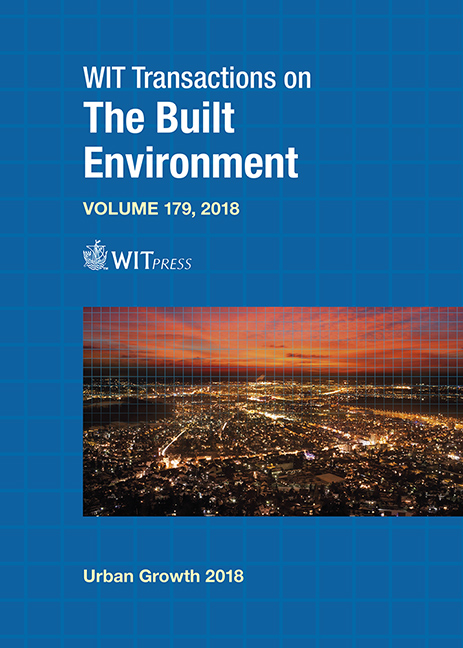LAND SUBSIDENCE AND ITS EFFECTS ON THE URBAN AREA OF TEPIC CITY, MEXICO
Price
Free (open access)
Transaction
Volume
179
Pages
12
Page Range
369 - 380
Published
2018
Size
960 kb
Paper DOI
10.2495/UG180341
Copyright
WIT Press
Author(s)
WILLIAM H. HERRERA LEÓN, JESÚS PACHECO MARTÍNEZ, MARTÍN HERNÁNDEZ MARÍN, RAUDEL PADILLA CENICEROS, MARÍA DE LA LUZ PÉREZ REA
Abstract
Fresh water is one of the natural resources needed for supply of urban, industrial and agricultural development; and its scarcity could be critical for urban growth. In the last decades, ground water exploitation has had a great negative impact in arid and semi-arid areas around the world, where groundwater is the only source for fresh water and the aquifer system is composed of unconsolidated sediment. Intense groundwater extraction results in a drop in the groundwater level, which in turn induces the gradual subsidence of surface terrain, due to the compaction of unconsolidated sediments. This phenomenon known as subsidence is due to groundwater extraction, and currently several alluvial and lacustrine valleys with large growing cities around the world are undergoing its effects. When the aquifer system lies on bedrock with irregular topography, uneven settlement is generated, leading to the occurrence of surface ground failures that damage both urban infrastructure and housing. Tepic City is a growing city located in an incipient subsidence area in central West Mexico. Even though the subsidence process in Tepic City was detected in 2014, the local government agencies responsible for urban planning have not realized this new hazard for city growth, and consequently there are still no regulations for new urban developments that may become exposed to subsidence effects. Herein we analyze and discuss the relationship between natural factors and anthropogenic ones which have conditioned and triggered the subsidence process in the Tepic area. Additionally, we present a description of the current effects of subsidence on the urban areas of Tepic City, and discuss subsidence damages’ expected evolution if no actions are undertaken for their mitigation and prevention.
Keywords
aquifer, groundwater, bedrock, groundwater extraction, failures, Mexico, sinking land, subsidence, Tepic City





